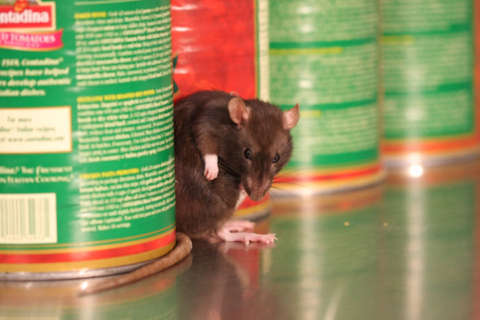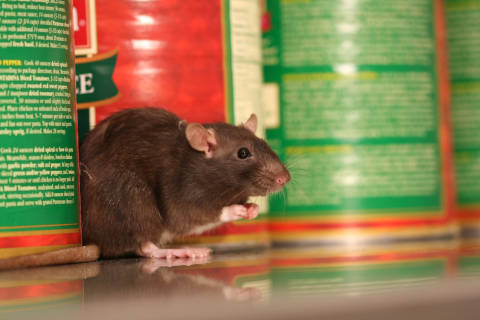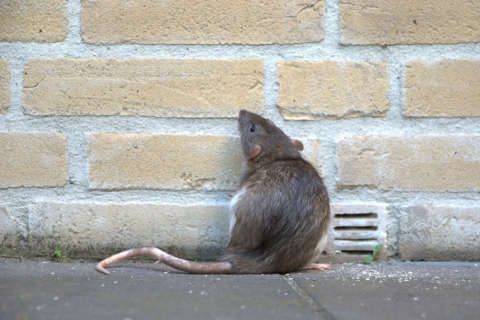WASHINGTON — If calls to Orkin are a good measure of how many rats occupy an area, then D.C. ranks as the fourth-rattiest city in the nation, behind only Chicago, Los Angeles and New York.
Orkin’s annual list is based on the number of new rodent treatments performed in metro areas over the past 12 months. In 2017, Washington ranked as the fifth-rattiest city in the nation.
Baltimore ranked ninth. Norfolk, Va. came in 30th and Richmond, 31.
Chicago made the top of the Top 50 list for the fourth consecutive year.
It is approaching that time of year when rats look for warmer digs, too. The National Pest Management Association said rodents enter an estimated 21 million homes in the U.S. each winter.
“Rodents don’t need much of an invitation to enter your home,” said Chelle Hartzer, an Orkin entomologist.
“A rat can squeeze through an opening as small as a quarter, while a mouse can wedge its way into a hole smaller than a dime.”
Rodents can chew through just about anything, causing structural damage by gnawing on support beams, gas lines and electrical wires. Orkin said about 25 percent of unexplained fires start from rodent chewing.
Coexisting with rodents puts more than just your home at risk, since rats and mice can cause illness in humans.
“Aside from causing structural damage, rodents can carry hundreds of pathogens that can transmit various diseases and dangerous parasites. Additionally, they constantly leave behind droplets or urine as they travel each day,” Hartzer said.
Orkin offers these tips to help prevent rats and mice in and around your home:
- Inspect both inside and outside the home for rodent droppings, burrows and rub marks along baseboards and walls. The faster rodents can be detected, the better.
- Look for possible entry points outside the home, seal all cracks larger than a quarter of an inch and install weather strips at the bottom of exterior doors.
- Trim overgrown branches, plants and bushes to avoid giving them something from which to jump off of.
- Keep your home clean, inside and out. Clean up crumbs and spills as soon as they happen. Store all food, including pet food, in tightly-sealed containers such as plastic bins, and never leave food or dishes sitting out overnight.








